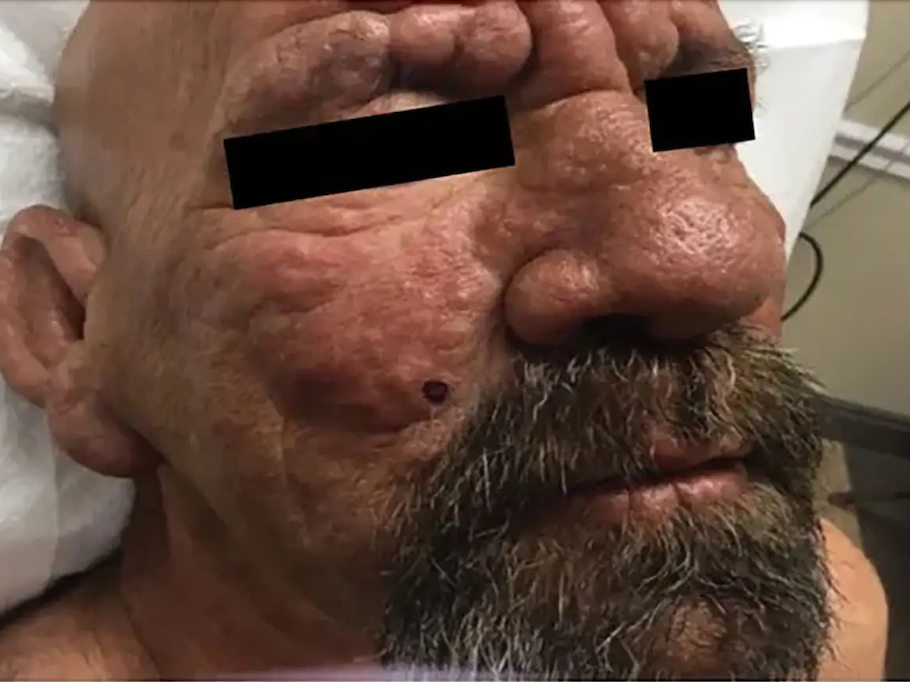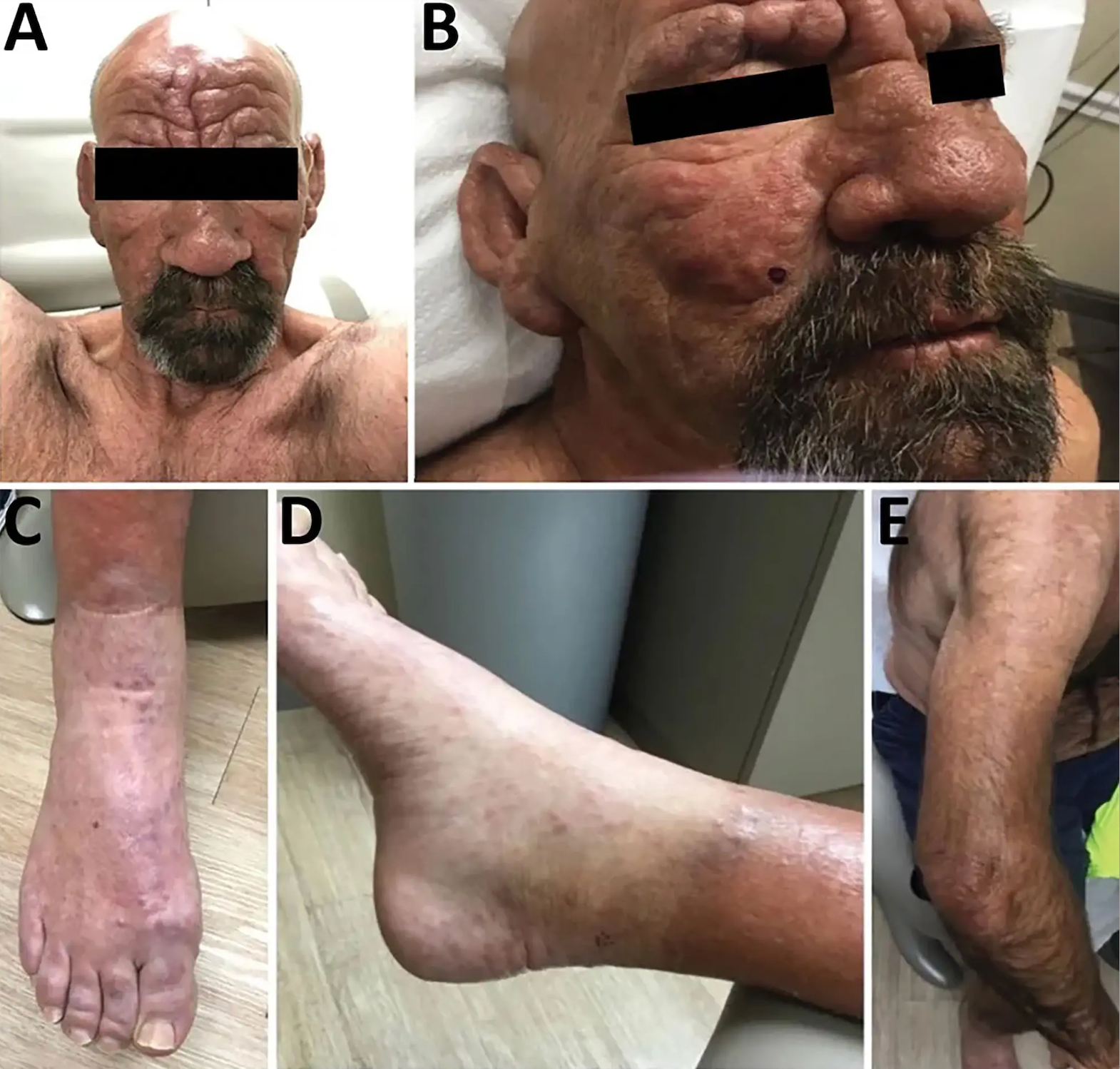Alarm as leprosy cases rise in Florida
Central Florida now accounts for one-fifth of all leprosy cases in the United States
Your support helps us to tell the story
From reproductive rights to climate change to Big Tech, The Independent is on the ground when the story is developing. Whether it's investigating the financials of Elon Musk's pro-Trump PAC or producing our latest documentary, 'The A Word', which shines a light on the American women fighting for reproductive rights, we know how important it is to parse out the facts from the messaging.
At such a critical moment in US history, we need reporters on the ground. Your donation allows us to keep sending journalists to speak to both sides of the story.
The Independent is trusted by Americans across the entire political spectrum. And unlike many other quality news outlets, we choose not to lock Americans out of our reporting and analysis with paywalls. We believe quality journalism should be available to everyone, paid for by those who can afford it.
Your support makes all the difference.A surge in leprosy cases in Florida has led to fears among public health officials that the disease has become endemic in the Sunshine State.
Central Florida now accounts for one-fifth of all leprosy cases in the United States, and 81 per cent of cases in the state, according to a new study from the Centers for Disease Control and Prevention (CDC).
Leprosy, or Hansen’s disease, is usually spread during prolonged person-to-person contact through airborne droplets from the nose and mouth of an infected person, according to the CDC.
The majority of leprosy cases in the US have historically been recorded in people who immigrated from countries where the disease is more common.
However, 34 per cent of new cases between 2015 and 2020 came from locally spread infections, the CDC said.
And while still rare, cases of leprosy have doubled in the past 10 years nationwide.

The public health organisation cited the recent case of a 54-year-old man, who sought treatment for painful lesions on his face and body.
He had not travelled overseas or had contact with people known to be living with the disease.
“He has resided in central Florida his entire life, works in landscaping, and spends long periods of time outdoors,” the CDC said in a report published in its Emerging Infectious Diseases journal.

Leprosy is described as a lingering infectious disease caused by Mycobacterium, according to the Mayo Clinic.
The disease mainly affects the eyes, skin and peripheral nervous system, causing disfiguring sores and nerve damage, and is curable with antibiotics.
“Leprosy has been historically uncommon in the United States; incidence peaked around 1983, and a drastic reduction in the annual number of documented cases occurred from the 1980s through 2000,” the CDC said.
“However, since then, reports demonstrate a gradual increase in the incidence of leprosy in the United States.”
While most cases are spread human-to-human, leprosy can also be spread through contact with animals, in particular armadillos.
Some armadillos in the southern United States are naturally infected with the bacteria that causes leprosy, the CDC states. It advises people to avoid contact with the animals.
Up to 2 million people worldwide have been permanently disabled by leprosy.




Join our commenting forum
Join thought-provoking conversations, follow other Independent readers and see their replies
Comments